Ca Mau is the southernmost province of the country, with a location with 3 sides facing the sea, the longest coastline in the country with 254 km with 87 large and small river mouths to the sea. Aquaculture is considered one of the key economic sectors of this province, with 12 groups of occupations such as: trawling, purse seine, bird trawling, gill netting, squid fishing, bait fishing, netting, folding cages, squid traps, te, seabed and logistics services. Annual aquaculture and aquaculture output reaches over 550,000 tons, exported to more than 50 countries and territories around the world, annual export turnover reaches over 1 billion USD.
In order to propagate the law to fishermen, to prevent violations of the law in the exploitation and fishing of seafood; fishing vessels violating foreign waters..., in recent times, not only the Ca Mau Border Guard force has carried out the task of propagating and disseminating legal education to fishermen, the professional team of the Department of Agriculture and Rural Development of this province has also been very determined in bringing the law to fishermen. In addition, Ca Mau has also basically completed the installation of fishing vessel monitoring equipment according to regulations; in which, the largest number of fishing vessels installed are those with a length of 24 meters or more; next are the fishing vessels with the longest length from 15 meters to under 24 meters and finally the fishing vessels with the longest length under 15 meters. Through the above-mentioned propaganda and dissemination of the law, it has contributed to raising awareness of sovereignty, sea and islands, and awareness of law compliance of fishermen in particular and people living on the islands in general; Limiting violations of the law in fishing and seafood exploitation activities in Ca Mau; the number of fishing vessels violating foreign waters has decreased significantly.
Mr. Le Van Su, Vice Chairman of the Provincial People's Committee, concurrently Head of the Steering Committee of Ca Mau Province on combating illegal, unreported and unregulated (IUU) fishing, said that the work of combating IUU fishing has many tasks that need to be focused on and overcome. Each task also has difficulties and obstacles in the implementation process. Among them, major obstacles have emerged, such as vehicles installed with journey monitoring equipment experiencing disconnection. Disconnection occurs quite often at sea and onshore, while the handling regulations are not complete, the equipment suppliers have not fulfilled their responsibilities to customers, so handling is one of the difficulties of the locality in recent times.
Statistics, confirmation, and certification of traceability of exploited products exported abroad are difficult. First of all, the statistics of output are due to the incomplete conditions of the fishing infrastructure in the province. Ca Mau province alone exploits over 200 thousand tons of seafood per year, but only two designated ports are qualified to perform this work, so a very large amount of exploited products are unloaded at private fishing ports and household ports that do not meet the required conditions.
In addition, the investigation, verification, and consolidation of records to handle violations of vessels violating foreign waters. There are many cases where fishing vessels violating foreign waters are detained, and the arrested people have not returned to Vietnam, so the investigation and consolidation of records by the authorities face many difficulties.
To end the exploitation of foreign waters, the time requirement to remove the "yellow card" as recommended by the European Union, in the past time, the provincial leaders and the Steering Committee of Ca Mau province have directed sectors and localities with the spirit of enhancing responsibility, promoting creativity, self-reliance in performing tasks as well as in removing difficulties and obstacles. Specifically, for the statistics of output that cannot go through all ports, we have directed sectors and localities to temporarily allow statistics of output at private fishing ports and family fishing ports in the condition that they do not meet the conditions according to regulations. Strengthen inspection of each vehicle, each household, especially for high-risk vehicles and groups of vehicles, requiring the implementation of commitments. Control on the VMS fishing vessel cruise control system to promptly detect and proactively work with vehicle owners onshore as soon as the vehicle at sea shows signs of abnormalities to prevent and promptly stop violations. Resolutely and strictly handle all violations.
Mr. Le Van Su added that for difficulties and problems beyond our authority, we will report and propose to the Central Government to issue instructions. However, the spirit is that the province does not wait, but must have temporary measures in the short term to complete the task in the shortest time to meet the requirements of removing the "yellow card" of the European Union.
It is known that Ca Mau province has built a project on the information system for marine fisheries management to monitor fishing vessels in the sea, prevent illegal, unreported, and unregulated fishing, and require offshore fishing vessel owners or captains to keep fishing logs and report fishing. In addition, it prohibits the purchase and transportation of some sea cucumbers related to illegal fishing in the waters of other countries.
Ca Mau has also deployed the Movimar satellite technology system to monitor fishing vessels, fishing grounds, and aquatic resources. This is considered one of the most effective ways to monitor fishing activities at sea, helping authorities manage, prevent, reduce, and end illegal fishing vessels and fishermen in foreign waters.
To help ship owners, captains and crew members understand the safe fishing waters, with its functions, the Department of Exploitation and Protection of Aquatic Resources of Ca Mau province coordinated with localities to organize many training courses to guide fishing activities in Ca Mau waters; training to disseminate regulations on fishing management and protection of aquatic resources for fishermen at estuaries with concentrated fishing boats such as: Cai Doi Vam, Song Doc, Khanh Hoi.../..
Source link


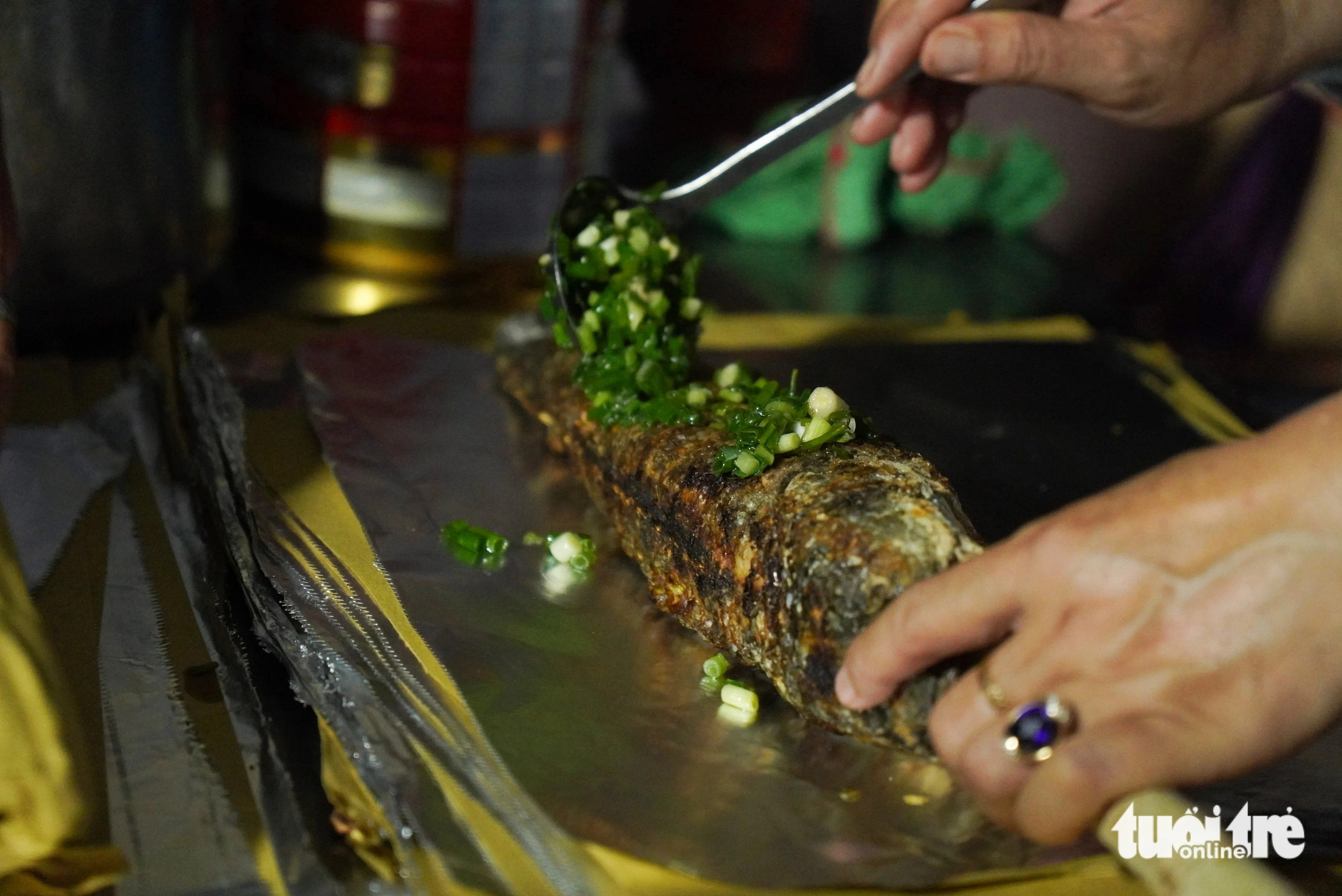



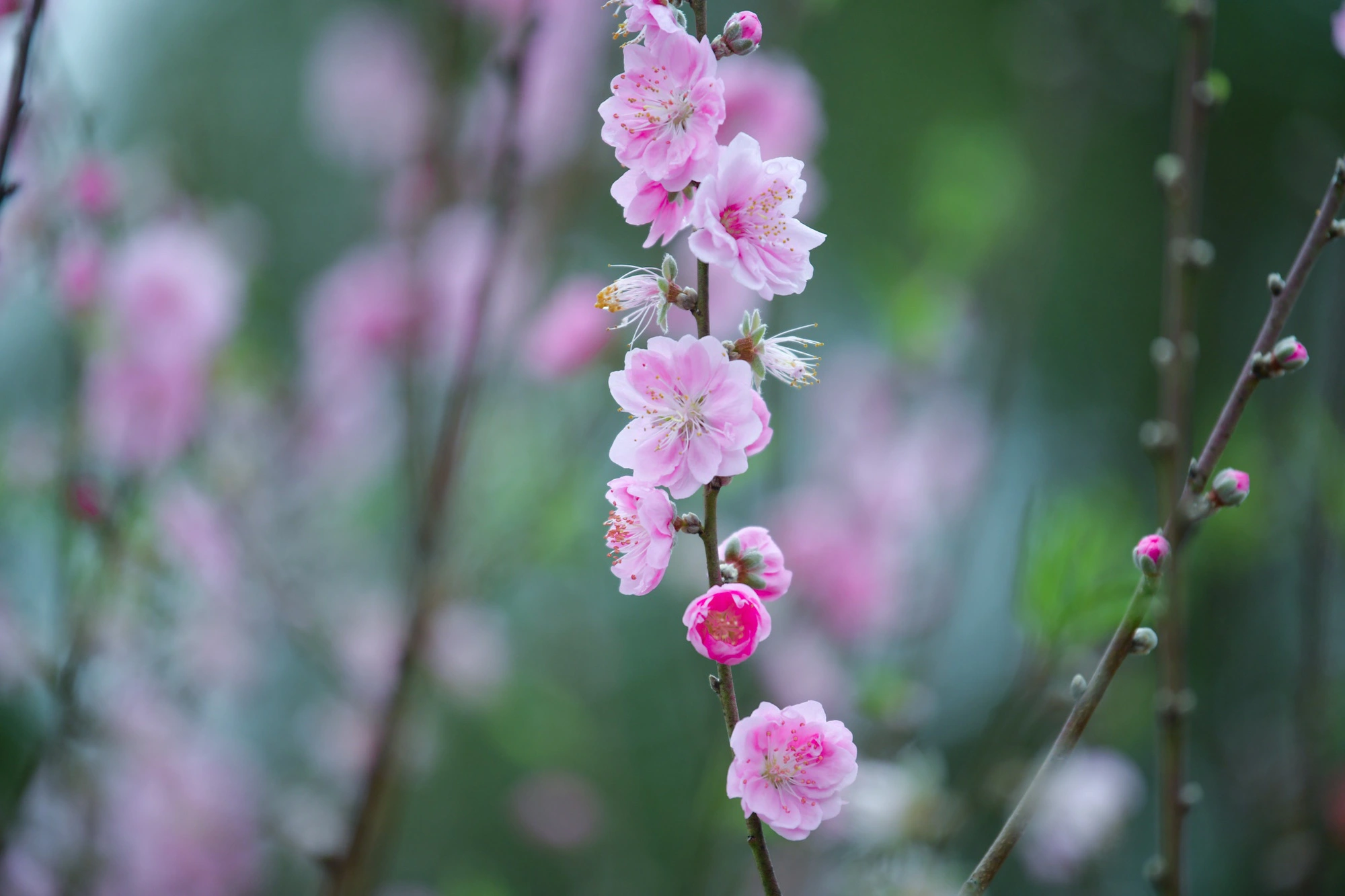
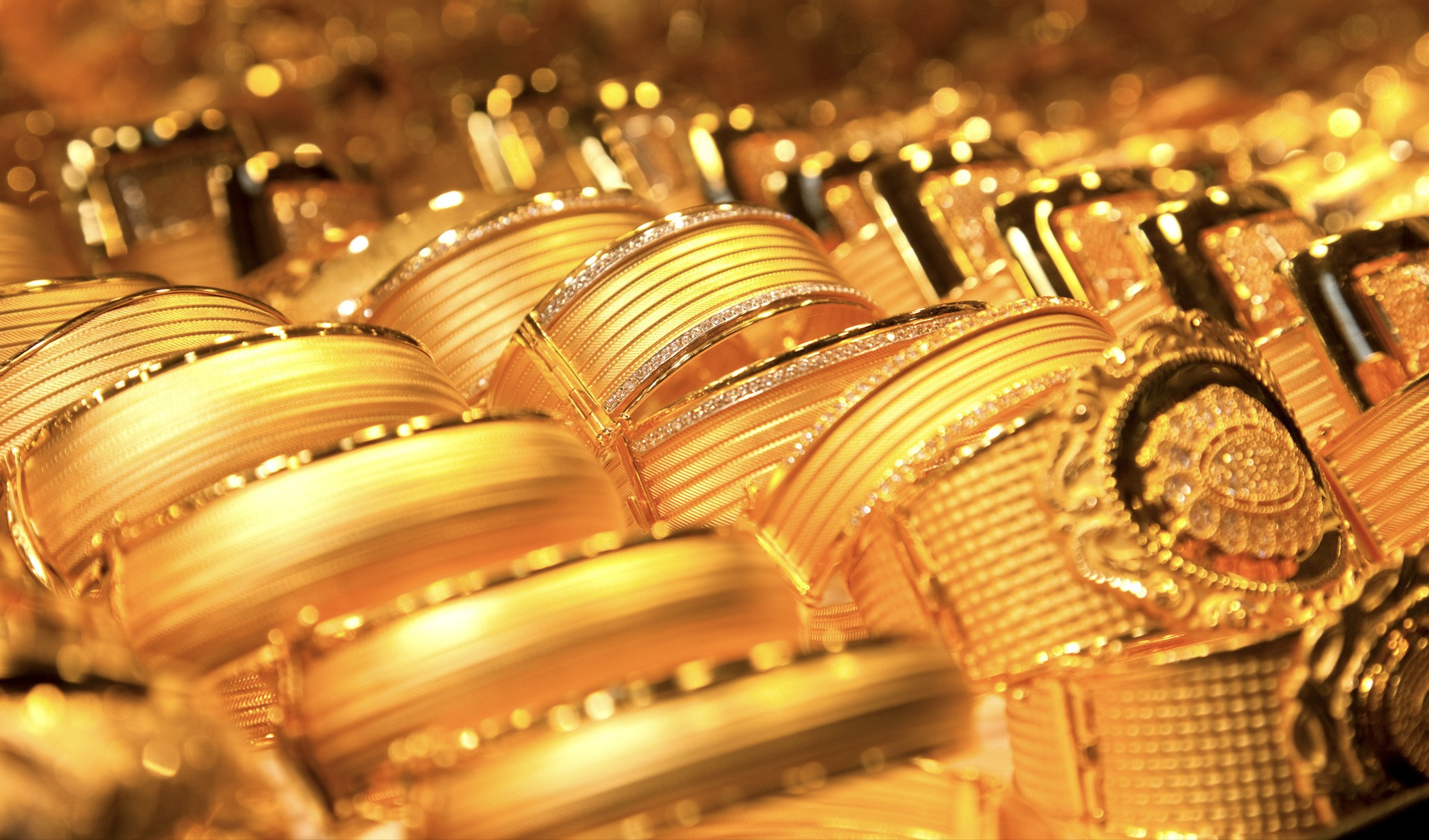






















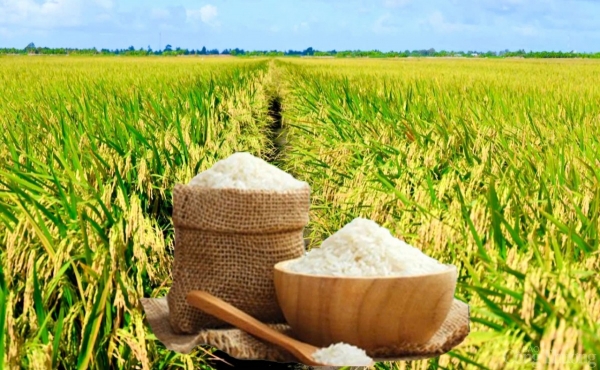

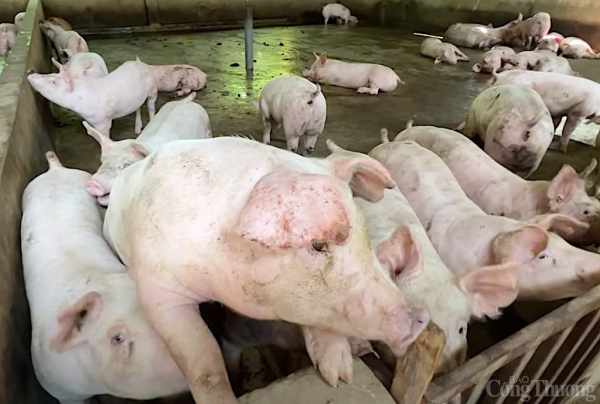
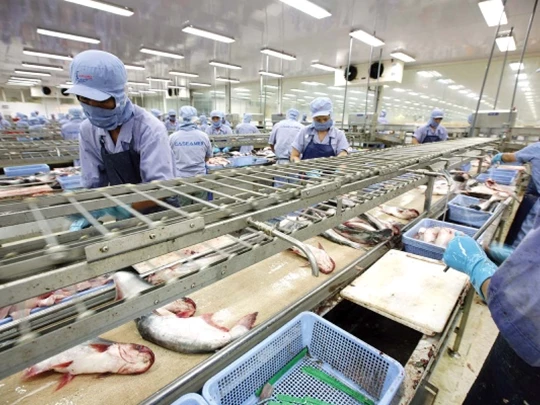

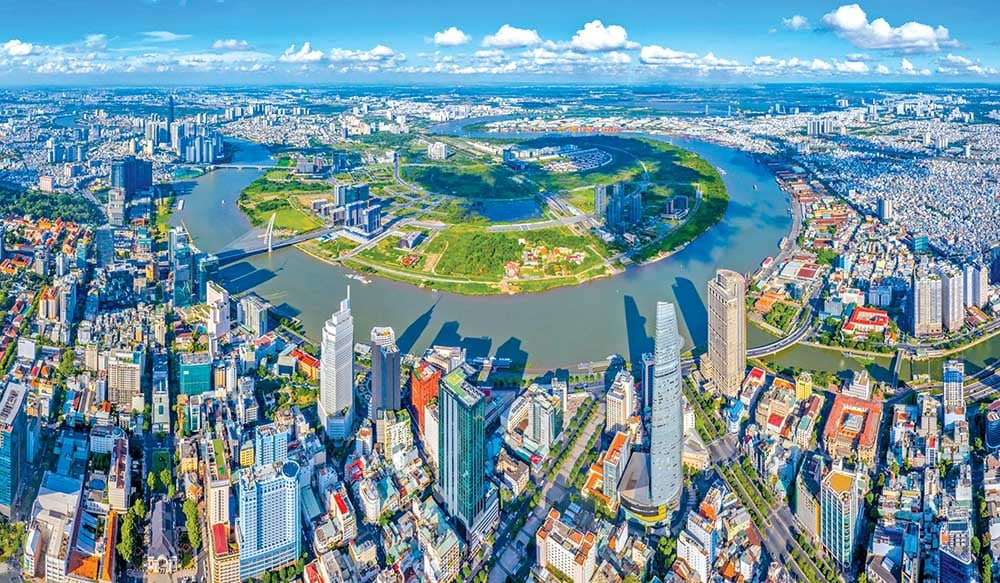


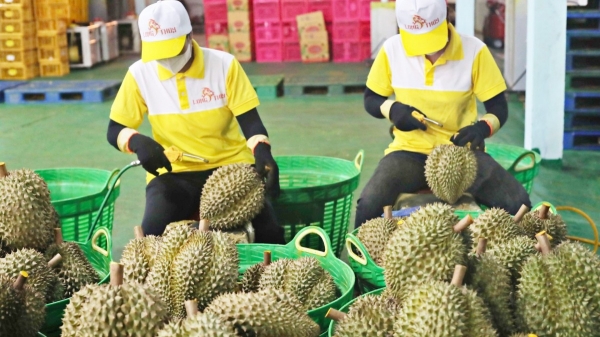
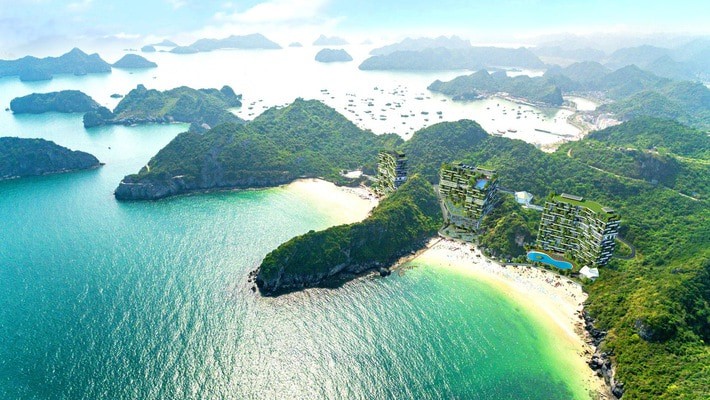
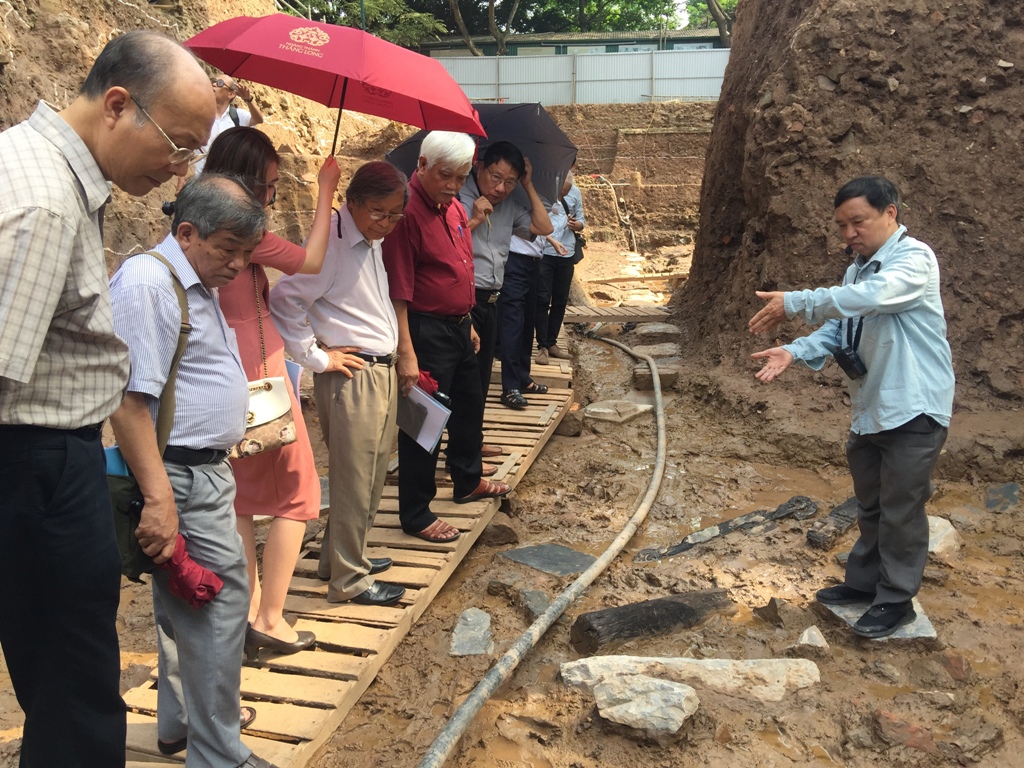
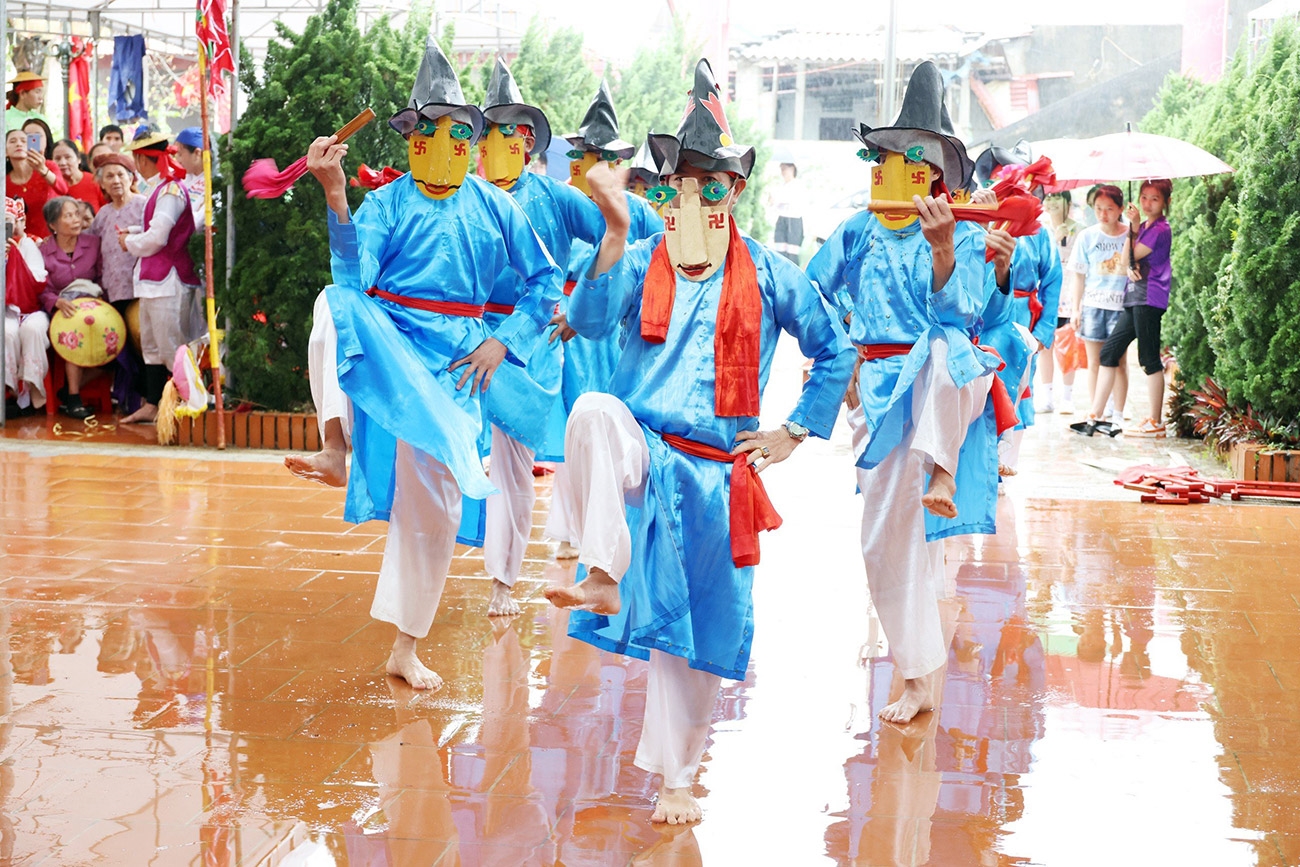
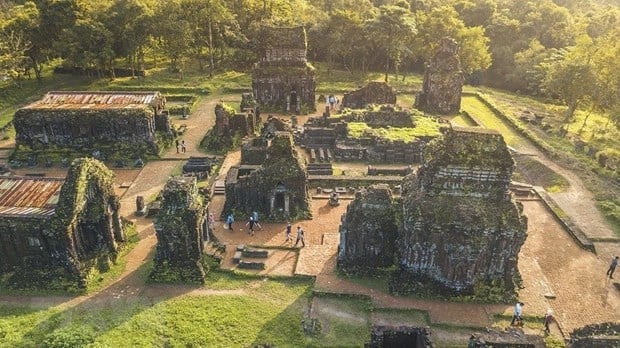
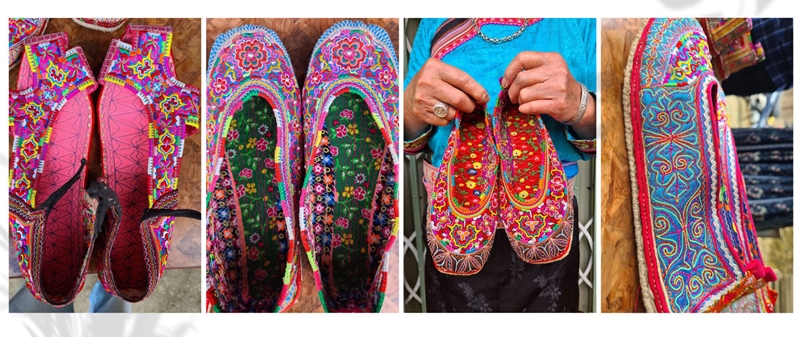
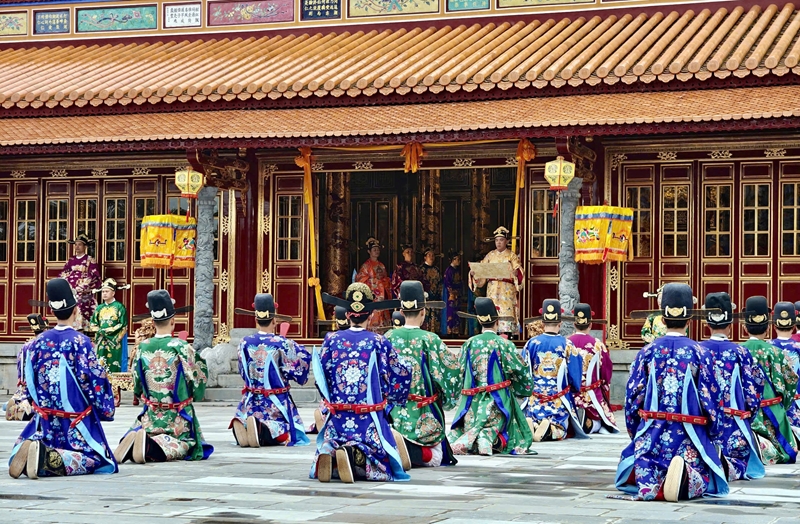
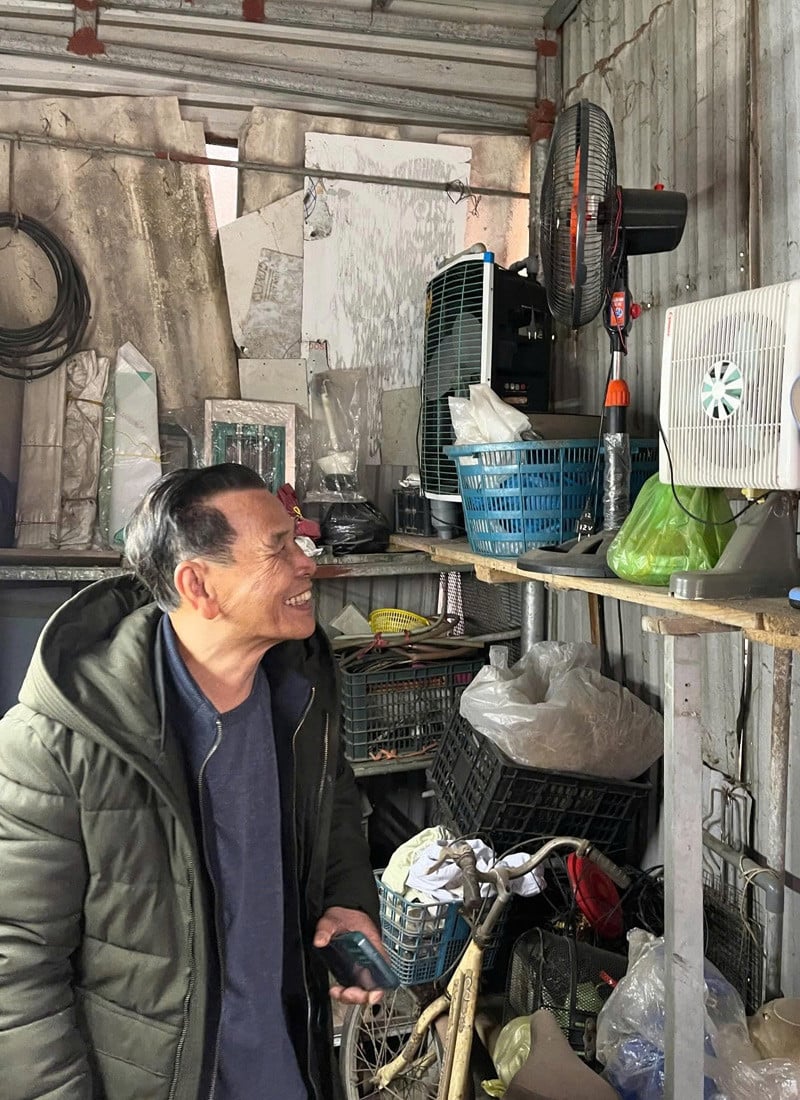

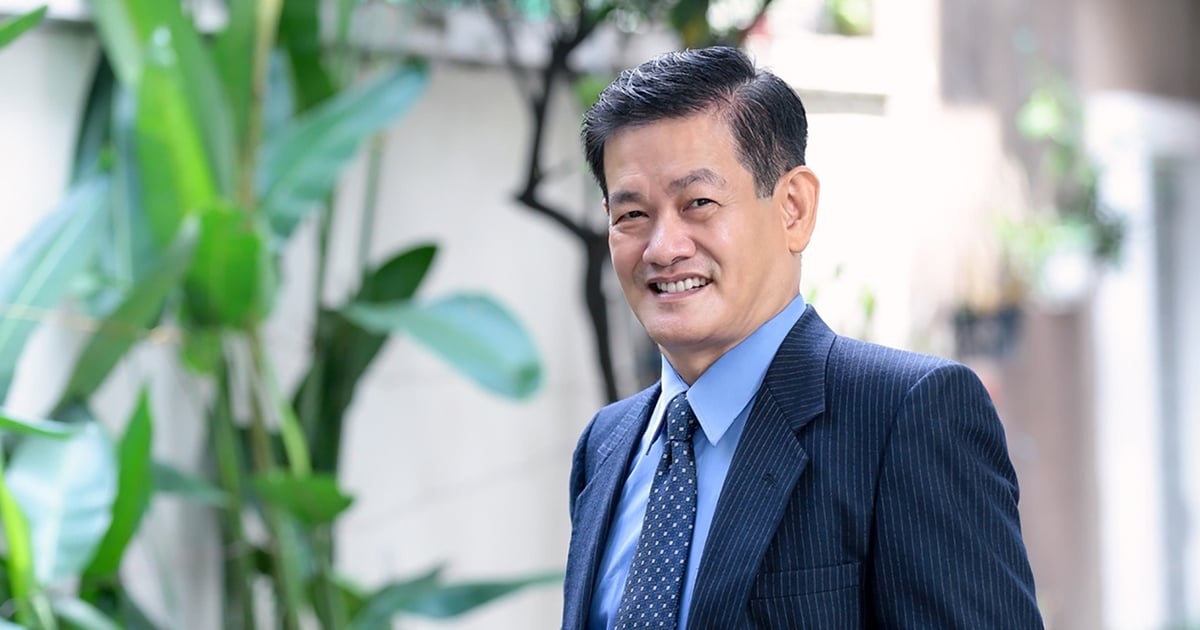

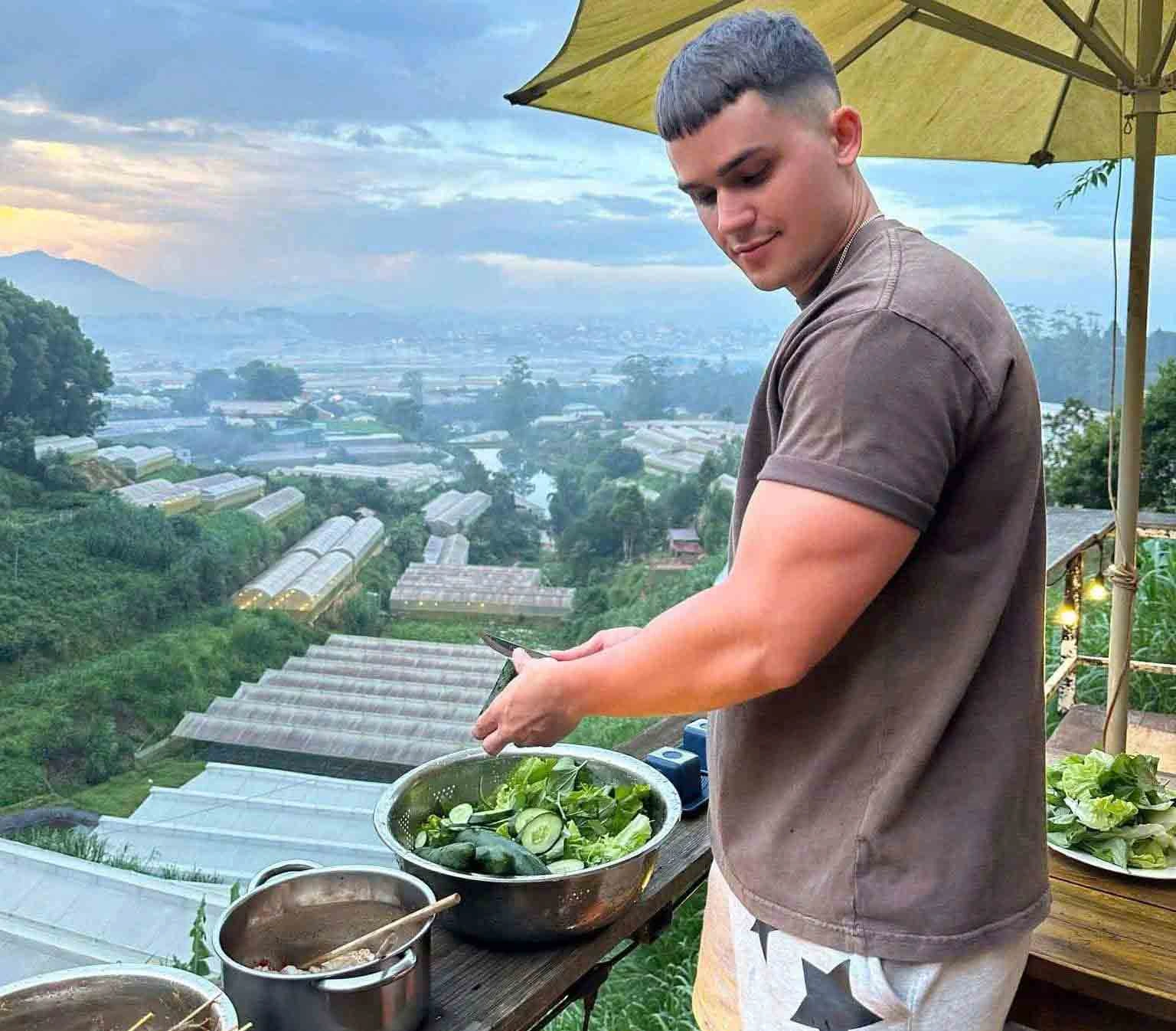
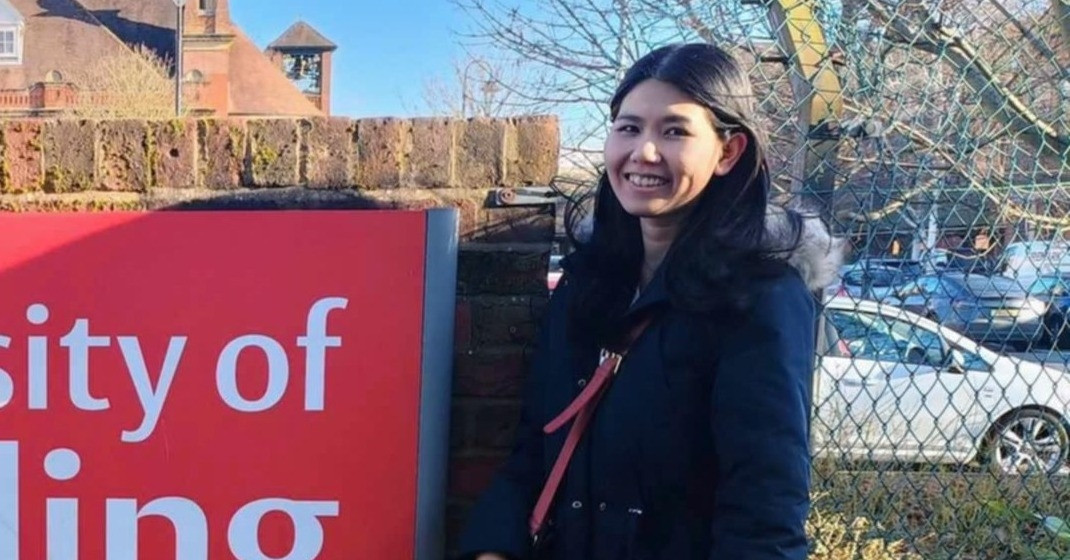

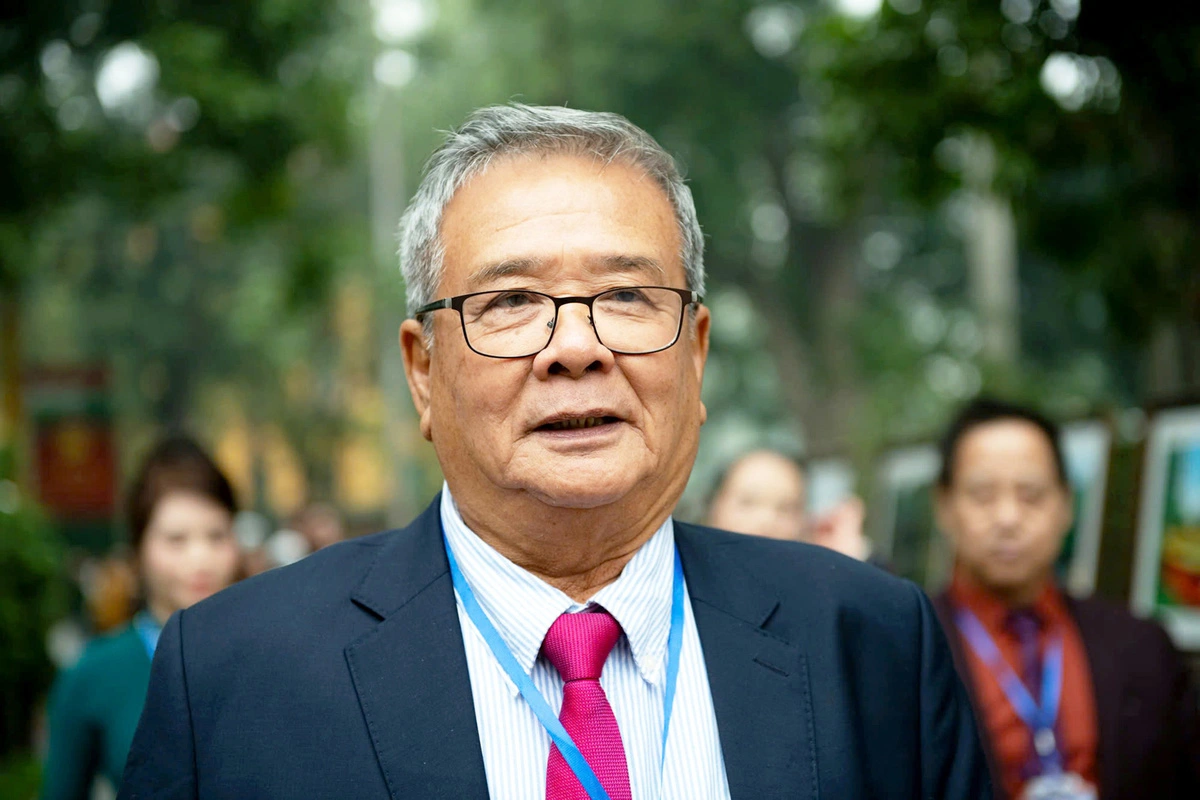





Comment (0)